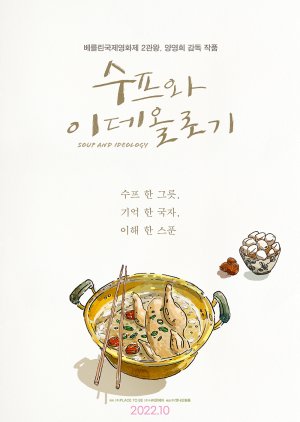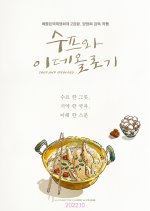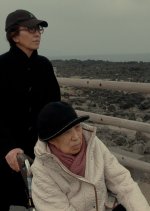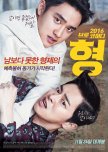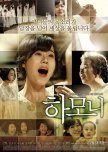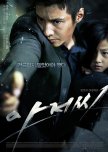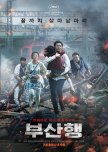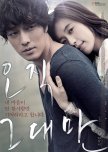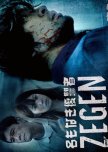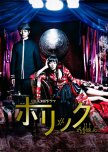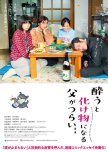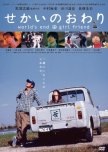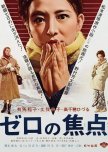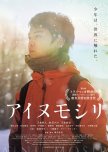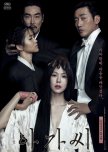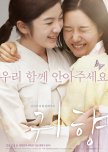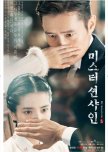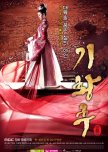One day, the mother tells her daughter that she experienced the Jeju 4.3 uprising especially how she got involved in the uprising and the reason she escaped to Japan. In 2018, after 70 years from the massacre, the daughter and her fiancé take the mother to Jeju Island although the mother starts to lose her memories because of Alzheimer. (Source: SIFF) Edit Translation
- English
- magyar / magyar nyelv
- עברית / עִבְרִית
- dansk
- Native Title: 수프와 이데올로기
- Also Known As: Supeuwa Ideollogi , スープとイデオロギー
- Screenwriter & Director: Yang Yong Hi
- Genres: Documentary
Reviews

An intimate view into the life of a North Korean loyalist and massacre survivor
With a shaky cam, home video style of filming, Yang Yonghi takes you into her family home in Osaka and documents her interactions with her aging Zainichi* mother.The documentary opens with a startling intro: Yang's mother is a survivor of the Jeju 4.3 massacre. And although the documentary starts and ends with a focus on this event, the documentary isn't really about the massacre itself.
Much of the doco sees Yang spending day-to-day family time with her mother while also trying to figure out why her mum has made the decisions that she has made. A key focus is Yang's simultaneous understanding and perplexion around her mum's decision to send her three sons to North Korea.
Initially, I was a little worried about the run time. Two hours is a long time for these types of home video style productions. But there's clearly been a lot of thought put into the narrative structure that balances well the family quotidian and the political themes.
The big weakness of this doco, I feel, is the animated sequence past the mid-way point. The purpose of this sequence is to provide background into the Japanese colonisation of Korea and the eventual split between the ROK and the DPRK. But this comes far too late in the program and, given the ground already covered at that point, feels repetitive. It would have been far more effective near the beginning for those unfamiliar with the history. The animation itself seems muddled with different styles that gives it a uni-student feel.
What this doco does deliver well is intimate insight into how family relations are bound up in broader historical and political dynamics. It's touching and sentimental without straying into romanticisation.
*Zainichi are Japanese citizens with Korean heritage.
Was this review helpful to you?
Recommendations
There have been no recommendations submitted. Be the first and add one.

